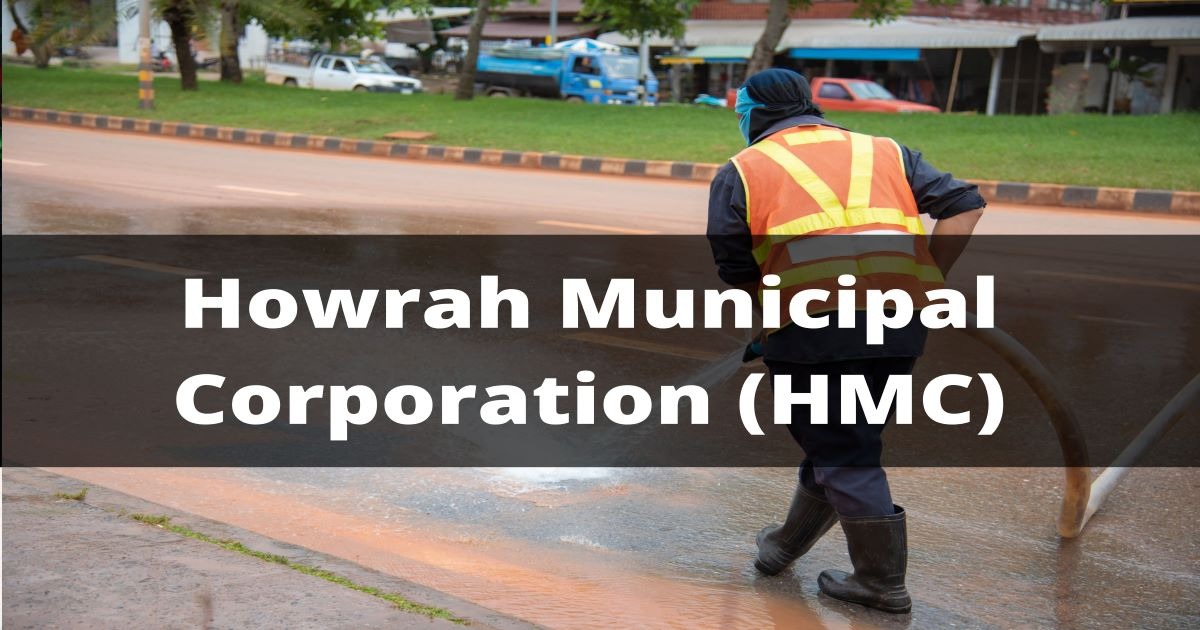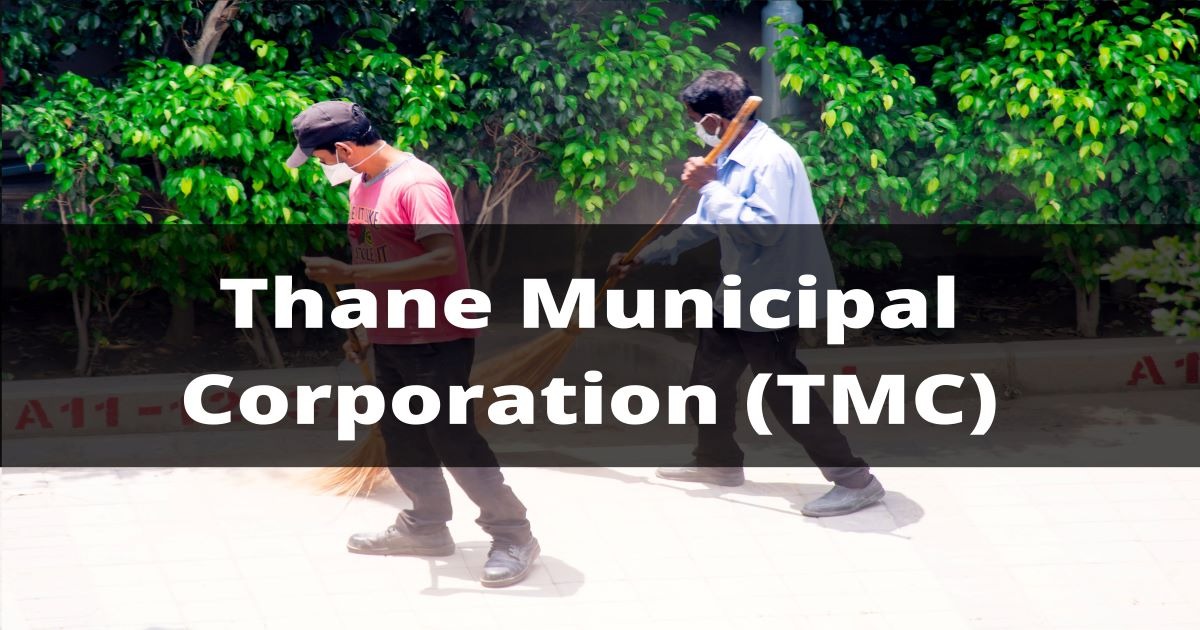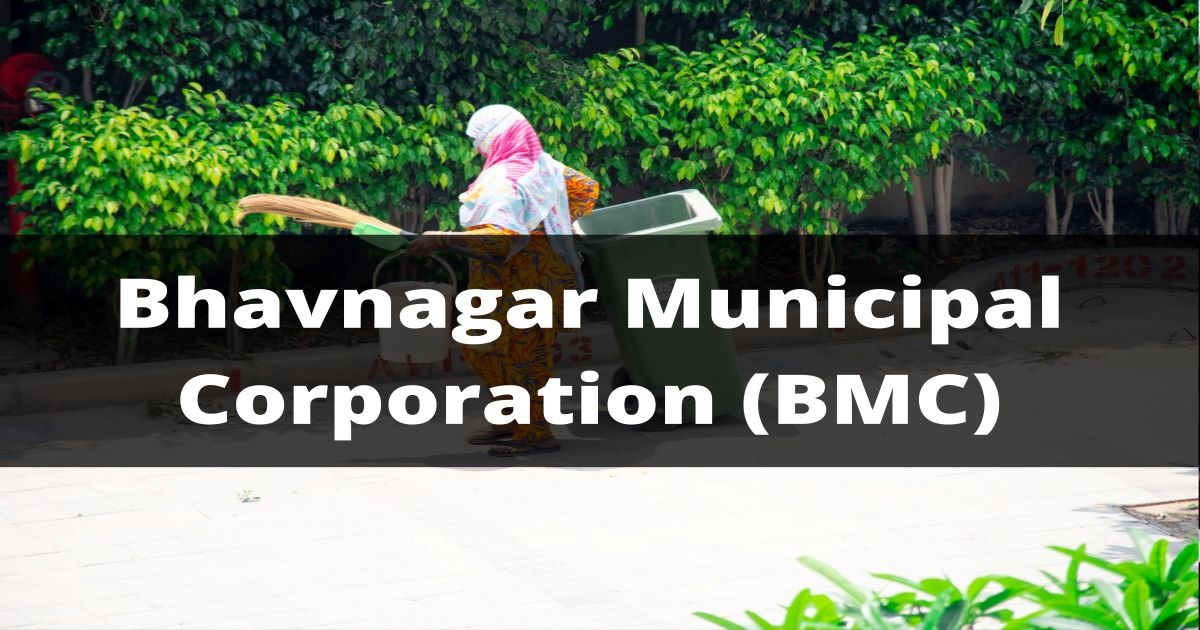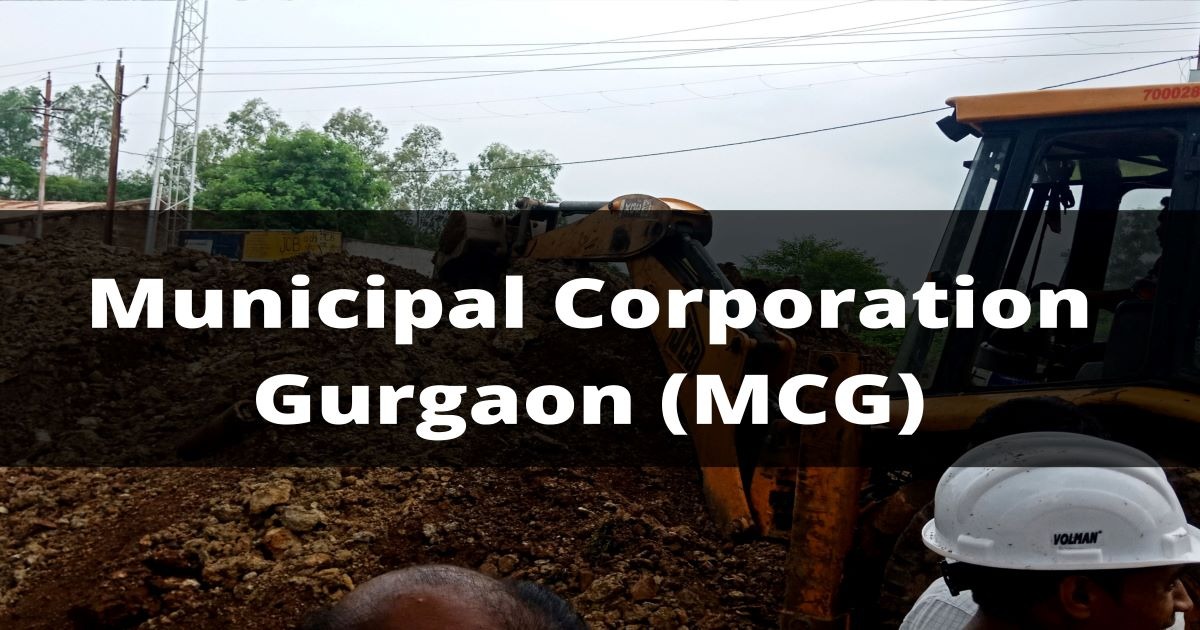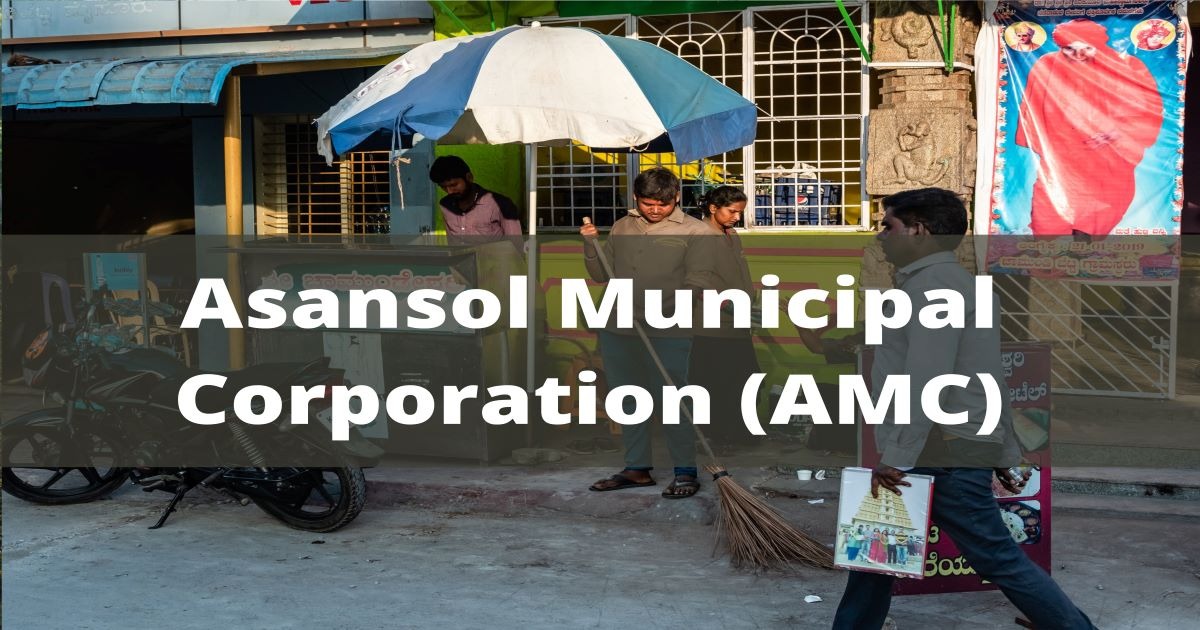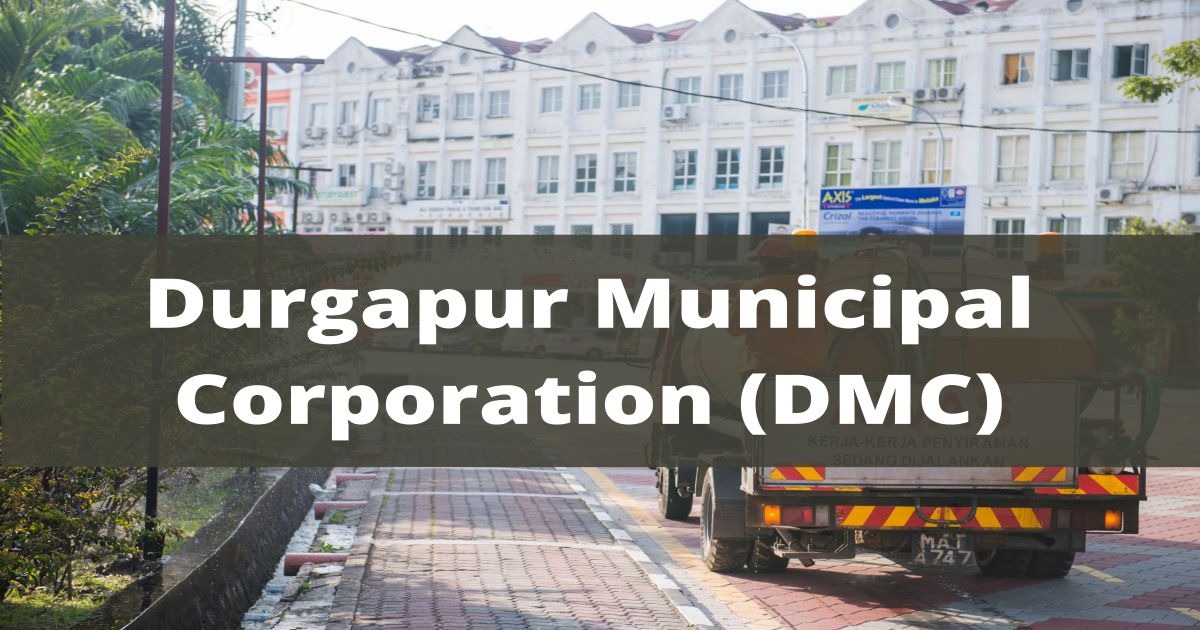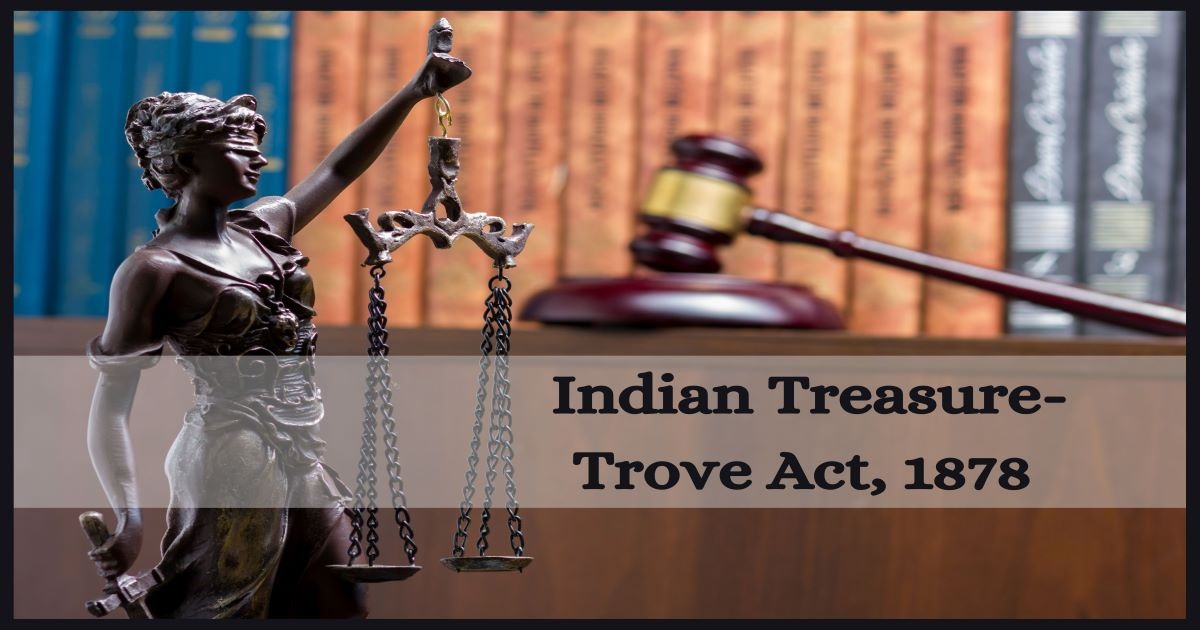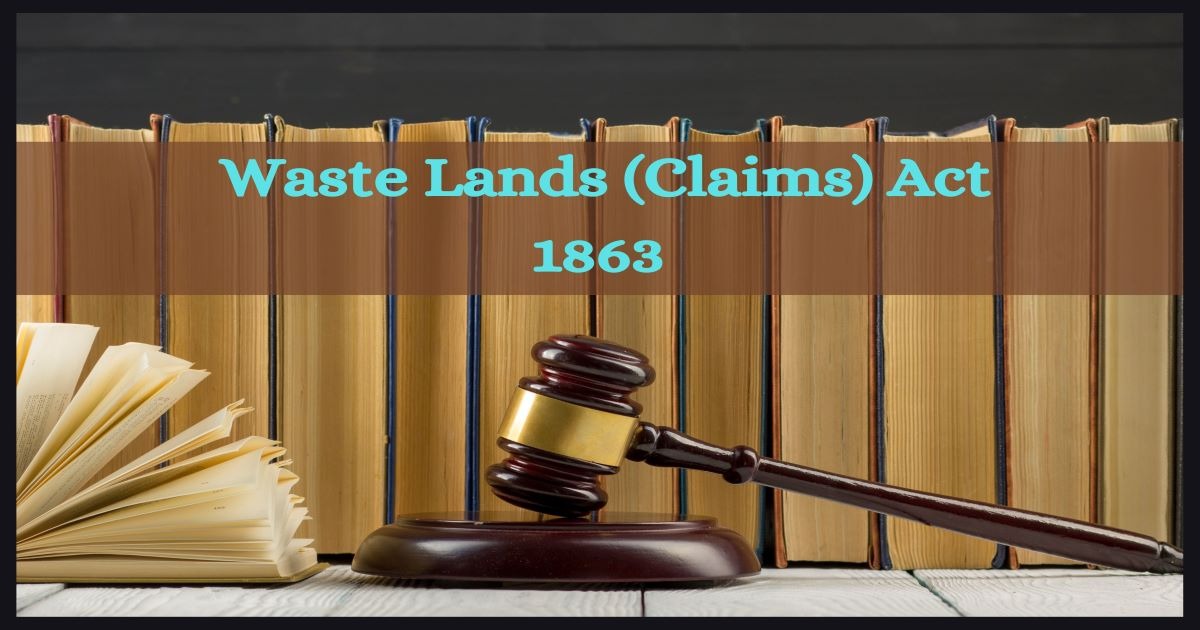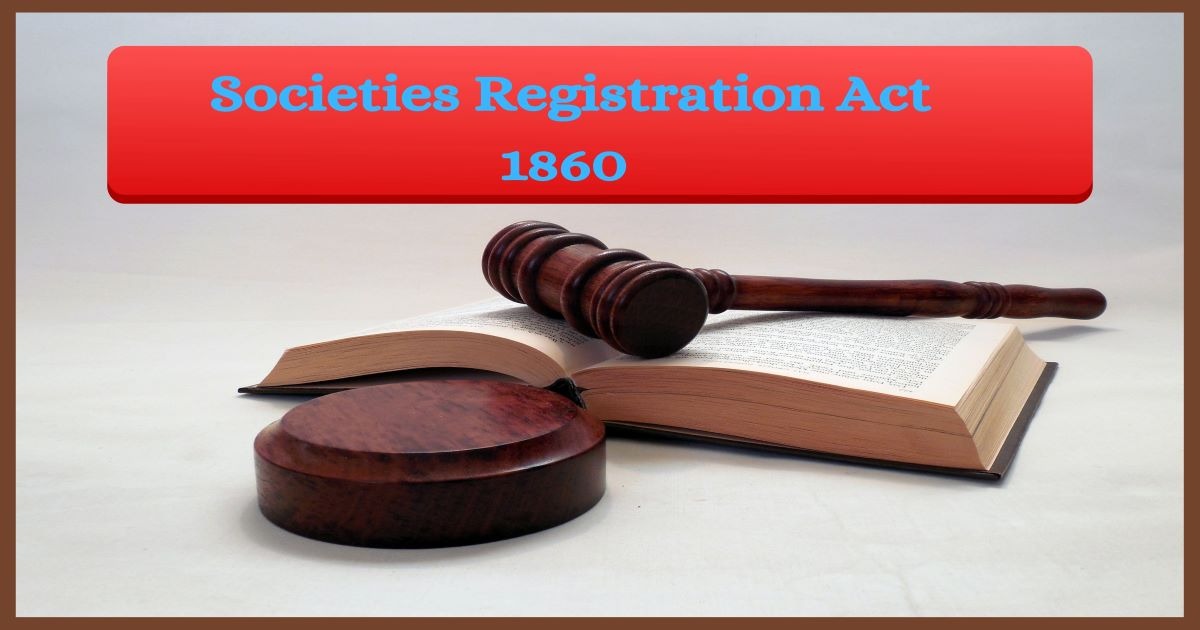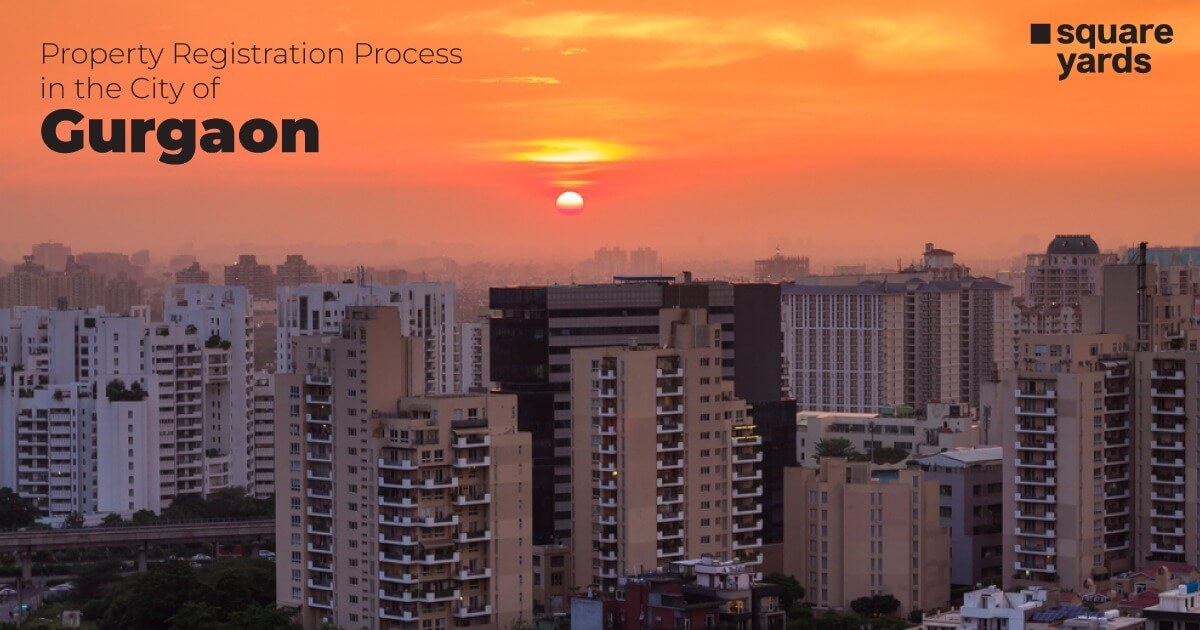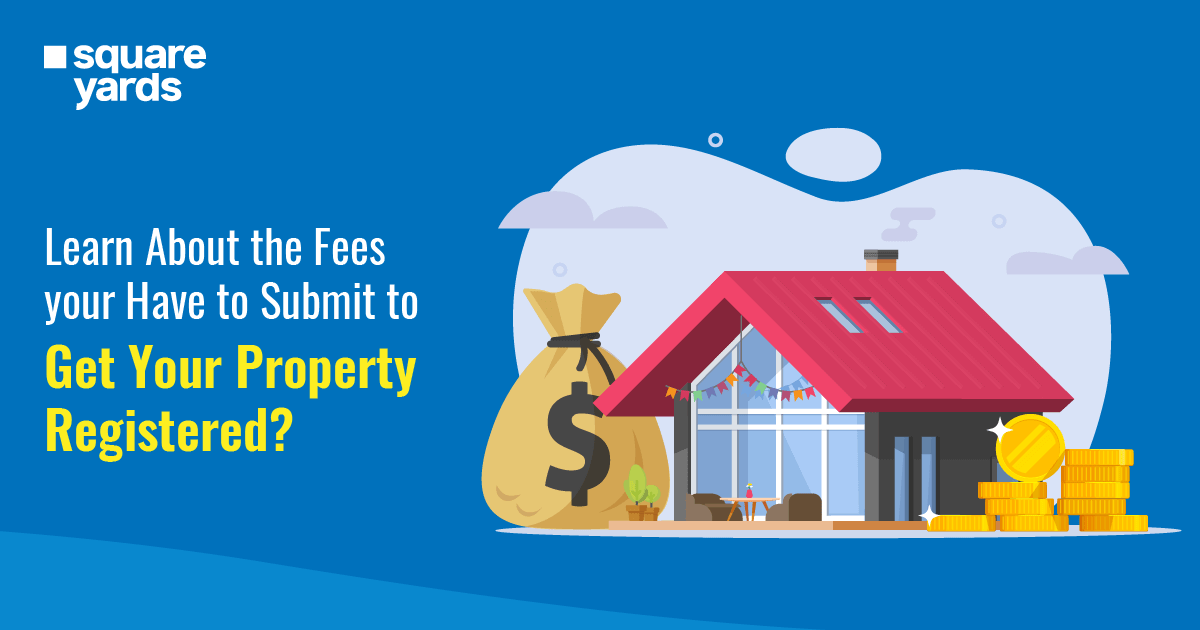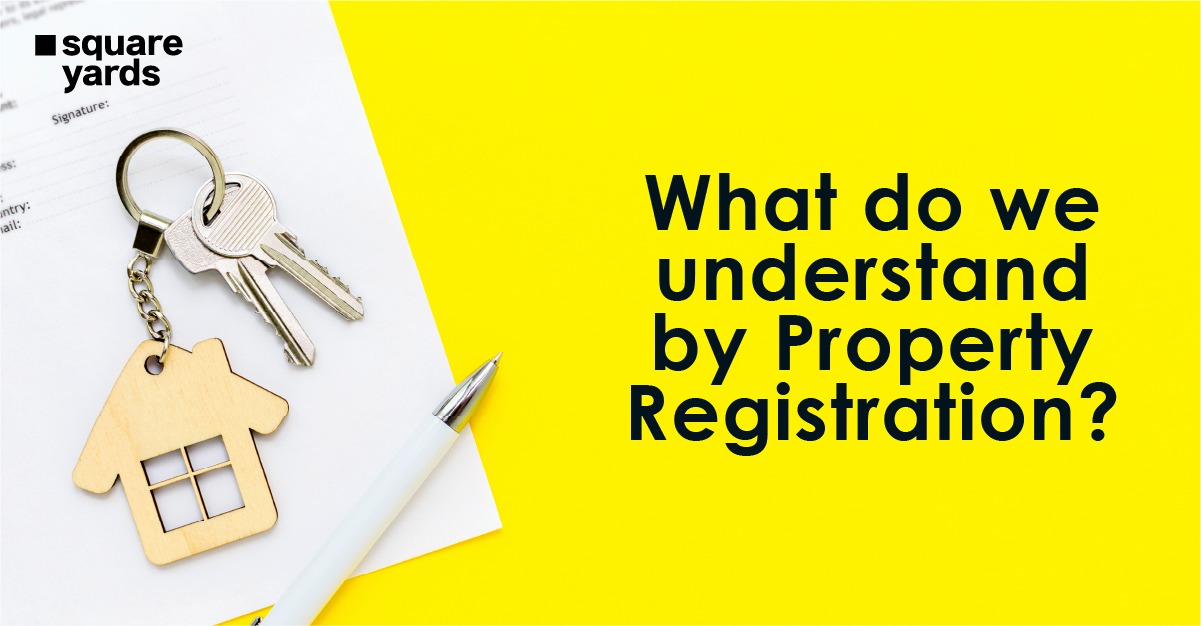Property tax, known as Sotthu Virai, is an annual tax on property that needs to be paid by September 30th or March 31st every year. The Chennai corporation tax is levied by the Greater Chennai Corporation.
There are several rules and regulations regarding property tax. Payers need to be updated on the different rebates available and the method of calculating the tax to be paid.
The Municipal Corporation of Chennai is the oldest municipal corporation to be formed in India back in 1688 on the basis of a 1607 charter by the East India Company. The corporation has increased from its earlier jurisdiction of a 10-mile radius from Fort St. George to now encompass the entire urban radius of Chennai. The size of the corporation has also grown from the 12 aldermen and 60 burgesses under founding Mayor Nathaniel Higginson to more than 250 officers including a Commissioner, Deputy Commissioners, Zonal Officers and Councillors. The corporation is now known as the Greater Chennai Corporation GCC.
The GCC consists of 200 councillors who report to the Mayor of Chennai. There is an executive wing of the Corporation which is headed by the commissioner. Under the commissioner, there are deputy commissioners and 15 zonal officers, one for each of the 15 zones that the 426 sq. km of the city of Chennai has been divided into.
What constitutes residential, non-residential property in Chennai?
The classification of residential and non-residential property is very simple. A residential house or apartment which has not been rented or leased out and is being used solely for residential purposes is residential property.
Non-residential property constitutes shops, malls, movie halls, marriage halls, commercial spaces and plots even if they are not rented and being used by the owner.
Property tax rates in Chennai
The rates of property taxes for residential property in Chennai vary from Re 0.6 to ₹2.40 per sq. foot. For non-residential property, the rate for property tax is ₹4 to ₹12 per sq. foot.
Zones that fall in Chennai Municipal Corporation
The Chennai municipal corporation has 15 zones. The zones from 1 to 15, in the same order, are Thiruvotriyur (Ward Nos 1 -14), Manali (Ward nos 15- 21), Madhavaram (Ward Nos. 22- 33, Tondiarpet (Ward nos. 34 – 48), Royapuram (Ward nos. 49- 63), Thiruvikanagar (Ward nos. 64 – 78), Ambattur (Ward nos. 79 – 93), Anna Nagar (Ward nos. 94- 108), Tynampet (Ward nos. 109- 126), Kodambakkam (Ward nos. 127 -142), Valasaravakkam (ward nos. 143- 155), Alandur (Ward nos. 156- 167), Adyar (Ward nos. 170- 182), Perungudi (ward nos. 168, 169, 183-191) and the fifteenth zone Sholinganalur (ward nos. 192- 200).
Pay property tax online in Chennai
To pay property tax online in Chennai, a user needs to log in to the site https://chennaigovernemnt.gov.in and select the first option of ‘property tax payment’ in the online payments section.
After clicking on the property tax icon, the next page that opens will ask for details of bill number, zone number and municipal ward number and a division code. A first-time payer will need to access previous bills.
Once these requested details have been filled in, the amount that is to be paid will appear. The assessment period is to be filled in and the preferred mode of payment selected from the available options. An acknowledgement will be sent after successful payment. The portal allows a receipt of payment to be generated and printed.
Offline Assessment of Property Tax
There is an option of choosing to pay the property tax offline. For this option, a filled application form is to be submitted along with receipts of previous taxes paid in any of the centres. The assessors shall submit their findings to the concerned officer and this will require further verification.
The applicant shall receive a subsequent SMS on the registered mobile number after the committee clears the assessment for further action including payment of the proposed tax.
Guide to use the Chennai property tax calculator
There is an online property tax calculator installed in the GCC (Greater Chennai Corporation). This can be accessed by filling in the zone and ward numbers. Once these are entered, all the street names and numbers in the selected zone and ward open up in a drop-down menu. The street name is to be selected. After selection, the floor details are to be selected from another drop-down menu.
The data entry form asks for a separate selection of residential or non-residential status. In either selection, further details of the area under owner or tenant are to be filled in. if there is no tenant on the property, the tenant portion may be left blank. Once these are all filled in and the ‘calculate demand’ button clicked, the calculated value will be displayed. The system, however, warns that the calculated value is only a test value.
Another way to calculate property tax accurately is as follows:
An example is considered for 1500 Sq. Ft area and a rate of ₹2 per sq. foot. The monthly rental works out to ₹3000 per month and ₹36000 for the entire year.
The annual rental value is calculated by deducting 10% of the annual value. Thus, the annual rental value for the building is 36000-3600 = 32400.
Another 10% is deducted for the depreciation of the building. The calculation is 32400-3240 = Rs 29160
10% of the land value is now added. After adding the 10% of land value, the annual value for land and building becomes 29160+ 3600 which adds up to ₹32760.
Method of fixing an annual value for land on lease or Rent in Tamil Nadu
A plot of 2400 Sq. Ft is considered ground and is the basic unit for calculating tax. The rent per ground is ₹8 per month.
The annual value on 1 ground is 8 x 12 = 96.
The half-yearly property tax is calculated as a percentage of general tax and education tax minus a library cess.
For an annual value up to ₹500, the general tax is 3.75% and education tax is 2.5%. This adds up to a total half-yearly property tax of 6.25% from which a library cess of 0.37% is deducted.
The rates of tax are 9.25% (6.75% general tax + 2.5% education tax) minus 0.67% library cess for annual values between ₹500 to ₹1000.
The calculated half-yearly property tax is 10.25% (7.75% general tax + 2.5% education tax) minus 0.67% library cess for annual values between ₹1001 to ₹5000.
The rate of half yearly property tax is 11.25% (9% general tax + 2.5% education tax) minus 0.9% library cess for annual values above ₹5000.
Concession allowed on property tax in Chennai.
- Depreciation of 1% is permitted for every building that is more than 4 years old.
- A library cess of 10% of the general tax component is one of the permitted concessions.
- There is an additional 20% rebate on the monthly rental value for the building roofing provided there is no terrace roofing.
- There are rebates for self-owned property. For residential structures, the rebate for owner occupancy is 25% of the monthly rental value and 10% on non-residential structures.
Consequences of not paying the property tax on time
If property taxes are not paid within a grace period of 15 days, the GCC (Greater Chennai Corporation) charges a penalty at the rate of 2%. The cost of this penalty is automatically added to the assessment value for the next due payment of tax.
Getting property tax payment receipt in Chennai
The GCC website portal will need to be visited for accessing the payment receipt. In the online tax payment menu, there is a button for ‘Online payment receipt’. Once this option is selected, details such as the zone number, bill number, division code and sub number will need to be filled in. After filling in these details, the receipt will show up and can be accessed.
What is vacancy Remission?
Vacancy Remission is the provision of providing a rebate on the property that has been lying vacant for at least 30 days during a half-yearly tax term. The GCC commissioner is allowed to allow a rebate of up to 50% as per section 105 of the Chennai City Municipality Corporation (CMCC) Act of 1919.
How to register your complaints against officials?
The question of a complaint against GCC officials comes when property taxes are assessed and processed offline. The Greater Chennai Council is strict about officials asking for bribes to give a favourable assessment. In cases of corruption, the GCC advises raising these issues with the Directorate of vigilance and anti-corruption and has provided the numbers 24615989, 24615949 and 24615929.
Latest information about Chennai property tax
The Chennai Municipal Corporation was able to collect ₹152 crores worth of property taxes which is more than the 132 crores collected during 2019 and ₹142 crores in 2018. This three-year high collection was achieved in spite of the raging COVID-19.
There were mostly adverse reactions to a Garbage Disposal Tax introduced by the Chennai Municipal corporation during January 2021. This additional tax was required to be paid along with the Property tax. Residents were reportedly not happy with the imposition of this additional tax. There was even a demonstration by residents of one of the zones, Pallavaram, for abolishing this tax. The authorities were considering the rollback of this tax.
The GCC has considered reducing the 2% penalty on delayed payment of property tax to 0.5%. The GCC is expecting a drop in its revenue collections from property tax, rents and other charges during the financial year 2021-2022. This will be the lowest collection in three years and is expected to be around ₹2935 crores against a revenue expenditure of ₹3431.83 crores.
You Might Also Like
Frequently Asked Questions (FAQ’s)
What is the website of the Greater Chennai Corporation?
The websites of the Chennai Municipal corporation are chennaicorporation.gov.in
How old is the Chennai Municipal Corporation?
The Greater Chennai Corporation (GCC), the present name of the Chennai Municipal Corporation was formed as early as 1607 in the erstwhile Fort St. George. It was not until 1792, however, that the corporation was given powers to levy municipal taxes. The GCC is presently governed by the Madras Municipality Act of 1919.
Do I need to register once again after I convert my commercial property to residential property?
You will need to inform the GCC (Greater Chennai Corporation) that you have changed the status of your property. This is necessary as you will need to submit and also give records of previous bills where the property is shown as non-residential. Once you are successful in changing the status, you will need to pay lower property taxes for residential property.
I have received an additional tax in the form of Garbage disposal tax in my manual assessment. Am I required to pay this tax with the due property tax?
There was an additional solid waste or garbage disposal tax that had been levied at the beginning of January 2021. This tax has reportedly been rolled back after there were protests from the general public. Please visit a local office of the corporation and request for re-evaluation to remove this tax as it has been abolished.

















